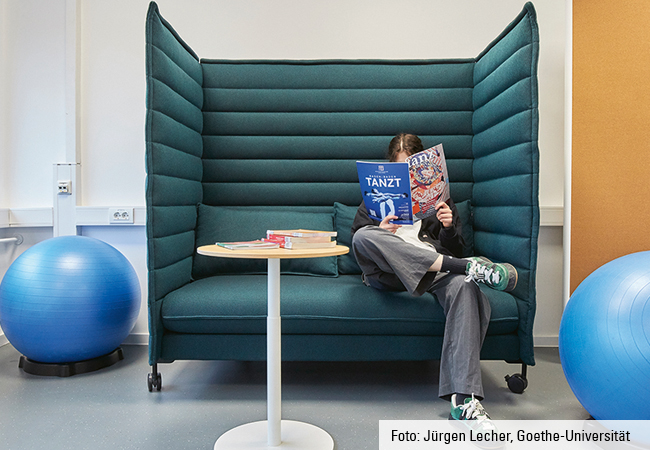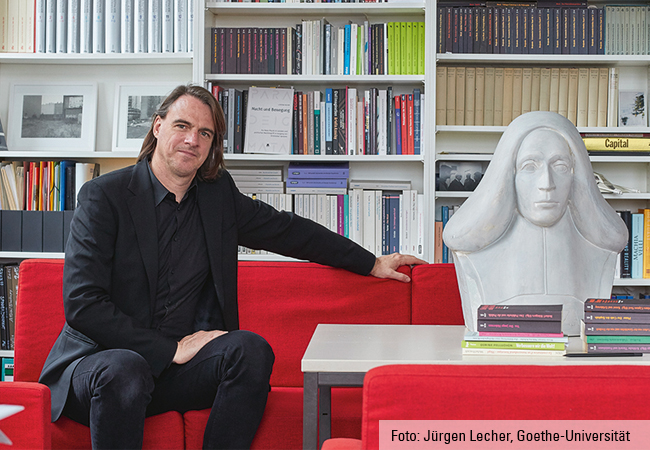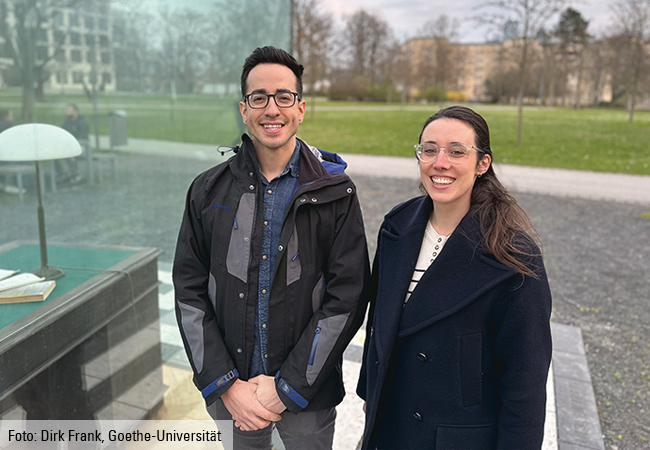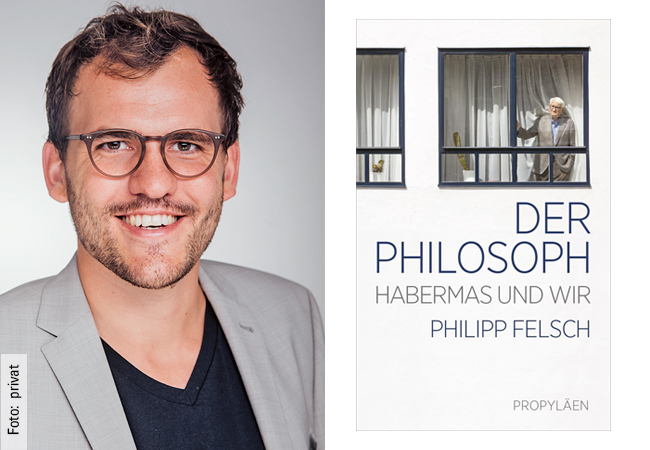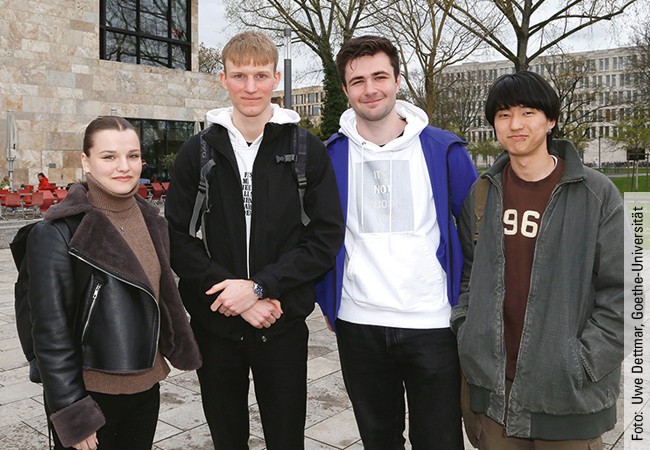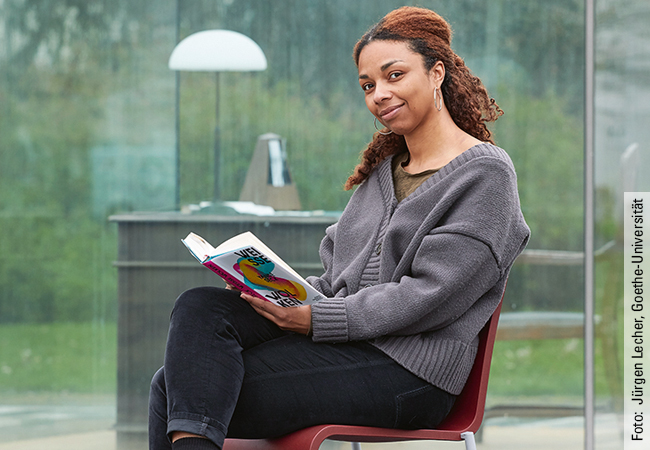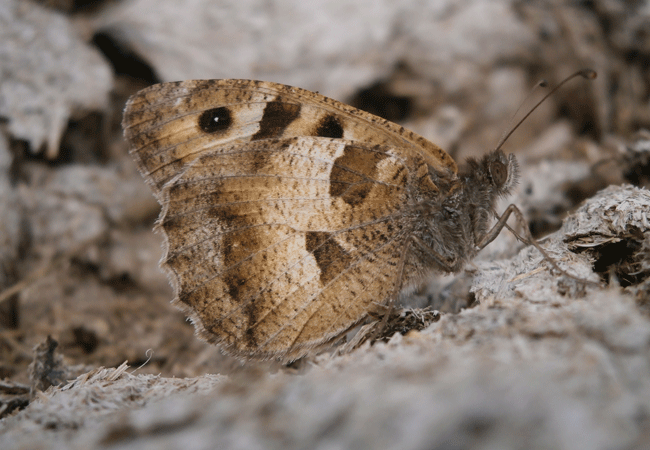
“Wasps are important ecological regulators,” states biologist Bruno Streit, senior professor for Ecology and Evolution at Goethe University, “but who thinks of that when they are crawling over your plum cake?” Especially younger, less-educated people underestimate the importance of insects for ecosystems – this is the result of a survey of 1979 people recently conducted by Streit and his colleagues from Bio-Frankfurt. In an interview for Goethe University’s online magazine, he reflects on causes and possible solutions.
There are 80 percent fewer insects in the air today than during our grandparents’ time. Older people regret the gradual disappearance of the humming diversity more than younger ones. Perhaps this is because they have never known anything different. But according to the survey, an accurate comprehension of insect decline is also a question of education. That is the main difference between gradual catastrophes and sudden ones, whose effects are immediately felt.
“If all insects were to disappear at once, all insect-pollinated flowering plants would disappear, and in forests, processes of decomposition and conversion would largely come to a halt,” explains Bruno Streit. “Insect-eating birds, bats, hedgehogs and shrews would become endangered or extinct.” It would take many millions of years for a similar diversity to theoretically establish itself anew. “It won’t come to that,” he says, “but to some extent, a reduction in songbirds has already occurred.”
This has economic consequences as well. Chinese fruit plantations are already partially pollinated by people on ladders. In the short term, Streit expects that certain products, such as fruit, will become more expensive. “But if the globalized world economy shrinks or collapses – a scenario we are currently choosing to ignore – and we return to a heavier reliance on regional self-sufficiency, the disadvantages of an irreversibly depleted ecosystem will become drastically clear,” he warns.
The reduction of biological diversity also means that genetic resources will vanish from our planet. Cultured plants and bred animals are usually genetically impoverished and specialized. This increases their risk of falling victim to parasites or climate stress. Many of the lesser well-known wild species also contain substances or skills that could be of interest to us in the future.
How to sensitize people for the consequences of insect decline is a major issue for Bruno Streit and his colleagues at Bio-Frankfurt. “You can show the rich colouring of the privet hawk moth, the impressive size of the stag beetle, and explain how useful the many pollinators are for fruit and wildflowers,” says Streit. “But when people react with disgust, phobias, or a blatant indifference toward ‘bugs’, your powers of persuasion quickly hit a wall.” For this reason, many of his colleagues use the example of the honeybee to gain sympathy. But of all insects, the honeybee is one that has been bred for high performance and – it is widely believed – significantly threatens the regional survival of some of the 500 current species of wild bees.
Can insect decline still be halted? “It would still be possible, in principle, to get the original insect fauna back to crawling and buzzing. But it would require a radical change in our agricultural and land management concepts,” says Streit.
Pessimists object that it will not be politically feasible to eliminate the endless monocultures, regulated water courses, misting with biocides, and the transport of contaminants and fertilizers by wind, rain and seepage water. And in addition, agricultural land, largely used for the production of animal feed, would have to be given up in favour of hedges, flower meadows and other open areas. This would lead to costs, loss of income and social tension, and ultimately reduce competitiveness on the world market.
As a compromise, Streit and his colleagues from Bio-Frankfurt argue for as much structural diversity and little contamination as is possible and socially acceptable. They work on strengthening the emotional attachment to nature in children and adults who still feel close to nature. In addition to traditional protected areas, they advocate for the creation of “wilderness” areas such as the one currently being created on the former garbage dump “Monte Scherbelino” in Frankfurt. “This gives people who aren’t biologists the opportunity to see and experience how nature develops. Understanding doesn’t come about from visiting zoos and botanical gardens or museums alone – although these are important and valuable as additional motivators,” concludes Streit.
[dt_call_to_action content_size=”small” background=”fancy” line=”true” animation=”fadeIn”]
The entire interview (in German) can be read at: https://aktuelles.uni-frankfurt.de/forschung/insektensterben-naturerlebnis-wird-fuer-kuenftige-generationen-aermer/
[/dt_call_to_action]


